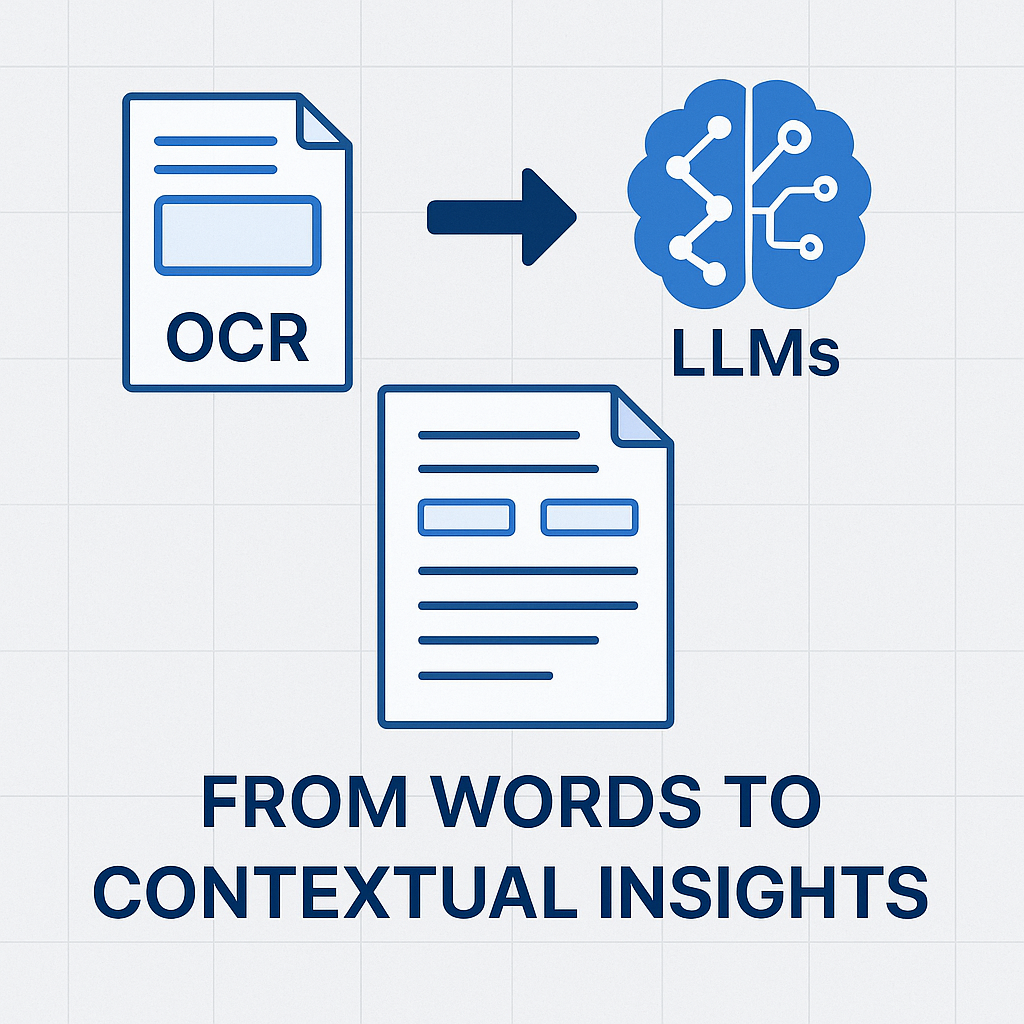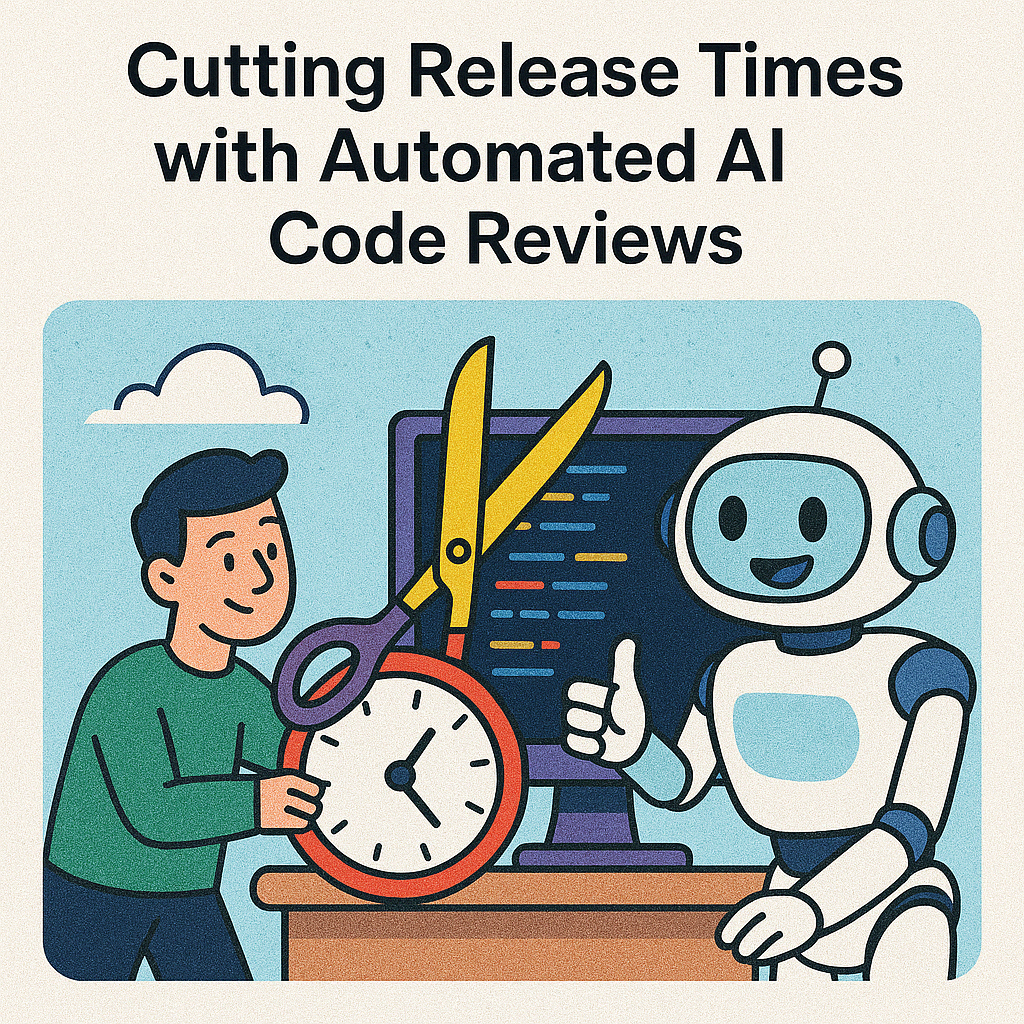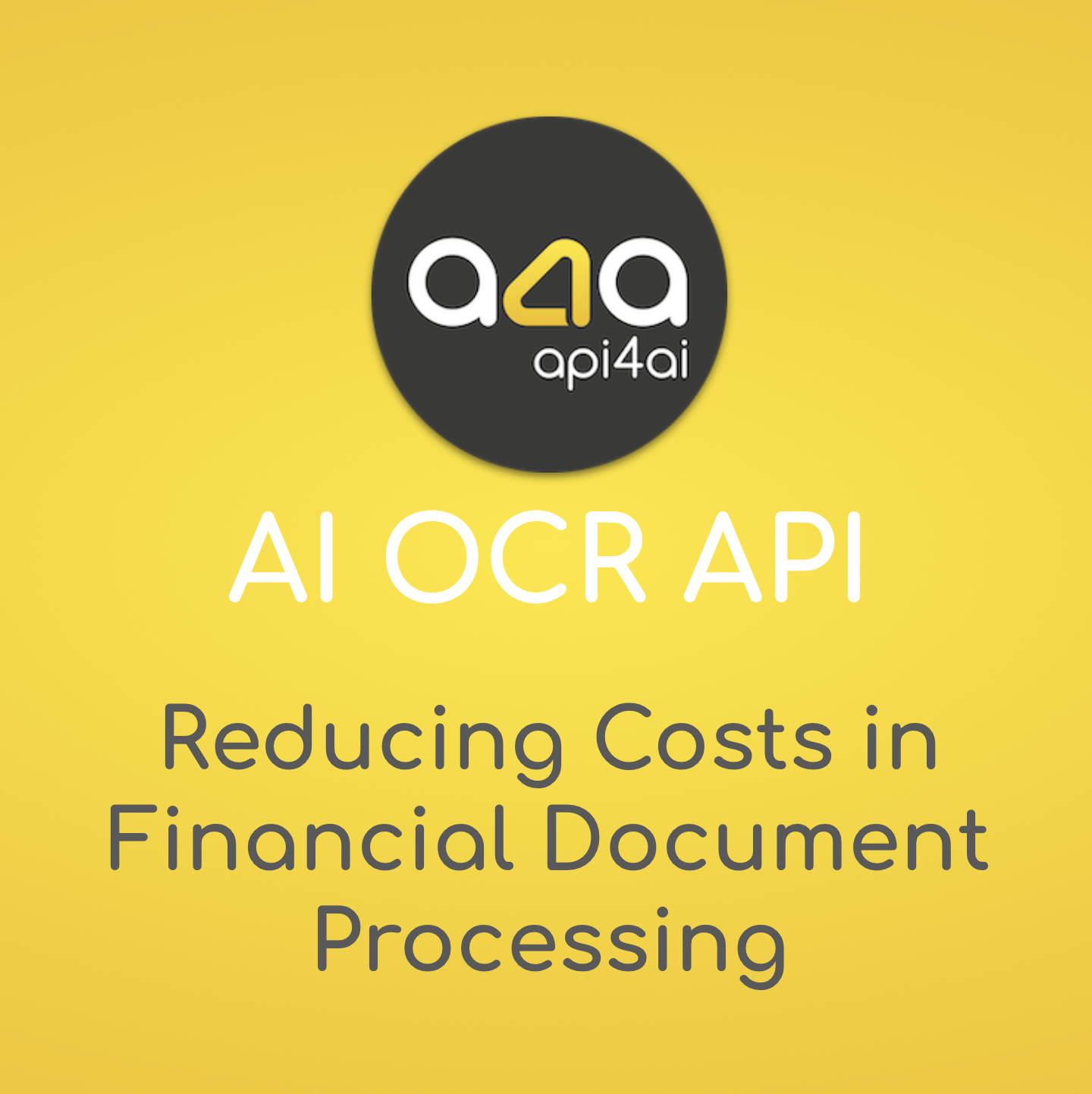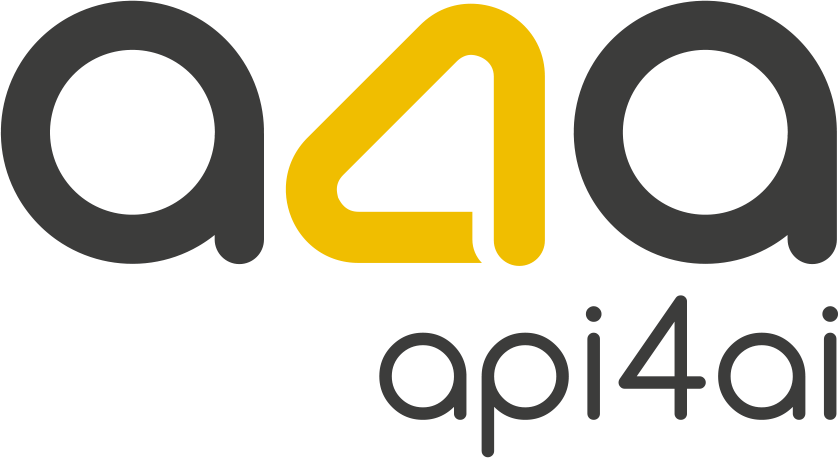Eco-Logos Under the Lens: Tracking Sustainability Badges
Sustainability badges and eco-logos are rapidly reshaping the business landscape, moving from simple marketing visuals to powerful, auditable assets for brand trust and compliance. As green seals and recycled icons multiply across campaigns, executives face new pressures to verify authenticity, manage regulatory risk, and quantify the true impact of their sustainability storytelling. This article explores how automated logo recognition technologies are transforming every “green” pixel into board-ready metrics—empowering brands to track, benchmark, and defend their environmental commitments with unprecedented precision. For C-level leaders, mastering this new era of visual ESG proof points isn’t just about reputation — it’s about securing long-term value and staying ahead of the competition.

OCR + LLMs: From Words to Contextual Insights
Enterprises have long relied on OCR to digitize paper, but raw text alone offers limited business value. Today, the real transformation comes from pairing OCR with Large Language Models (LLMs). This hybrid approach not only extracts words but also interprets their meaning, identifying key-value pairs, mapping document structures, and attaching confidence scores. Contracts, forms, and reports can now be turned into analytics-ready data streams — delivering faster insights, reducing compliance risk, and enabling strategic agility. For executives, OCR+LLM pipelines are not just a technology upgrade, but a catalyst for smarter, more resilient decision-making.

Auto-Tagging Photos: 3× Faster Catalog Updates
In the fast-paced world of e-commerce, keeping product catalogs updated quickly and accurately is key to staying competitive. Manual image tagging can slow down catalog updates, leading to missed SEO opportunities and frustrated customers. AI-powered auto-tagging offers a game-changing solution by automating the process, making catalog updates up to 3x faster. This not only boosts SEO rankings and improves customer experience but also reduces operational costs. As AI continues to evolve, it brings even more benefits, such as advanced recognition capabilities and seamless integration across multiple sales channels. In this post, we explore how AI-driven auto-tagging can help businesses enhance efficiency, increase visibility, and drive growth in the digital age.

Beat Tech Debt Early Using CRken AI Reviews
Micro-debt is the silent killer of software velocity. A leftover TODO here, a complexity spike there — each one seems harmless until your team is buried in rework. This blog post explores how AI-powered code reviewers like CRken help you catch early signs of tech debt right in the merge request, before they snowball into costly refactor sprints. Learn how shifting review left with LLMs can streamline development, improve team focus and turn clean commits into long-term business wins.

Defect-Free in Industry 4.0: Vision APIs Catch Micro-Flaws
Micro-defects may be invisible to the human eye, but they can cripple quality, trigger recalls and silently drain profits. In this post, we explore how AI-powered Vision APIs are transforming industrial inspection — from semiconductors to textiles — by detecting flaws at sub-pixel accuracy. Learn how manufacturers can scale from pilot to plant-wide deployment, choosing between ready-to-use APIs and custom-tailored models and why smart visual inspection is the backbone of defect-free operations in Industry 4.0.

Cutting Release Times with Automated AI Code Reviews
Manual code reviews, while essential for maintaining code quality, often become a bottleneck — causing delays, introducing inconsistencies and increasing developer fatigue. As teams scale and projects become more complex, relying solely on human reviewers slows down release cycles and affects overall productivity. In this blog post, we dive into how automated AI code review APIs are reshaping the software development process. Powered by large language models (LLMs), these tools provide instant, intelligent feedback directly within GitLab and GitHub workflows. We’ll explore how AI reviews enable up to 30% faster release times, reduce context switching, support multiple languages and promote cleaner, more consistent code. From seamless CI/CD integration to the future of auto-suggested fixes, this post covers the key reasons why now is the time to adopt AI-powered reviews and future-proof your development pipeline.

Top AI Trends for the Logistics Industry 2025
The logistics industry is undergoing a major transformation, driven by artificial intelligence. As supply chains become more complex and customer expectations rise, companies need smarter solutions to stay competitive. AI-powered technologies like real-time route optimization, predictive analytics, automated document processing and computer vision are reshaping how logistics providers operate — making deliveries faster, safer and more cost-efficient.
Businesses that adopt AI can reduce operational costs, improve delivery speed, enhance security and boost customer satisfaction. While off-the-shelf AI solutions offer quick integration, custom-built AI applications provide long-term advantages, allowing companies to scale and optimize their logistics strategies.
As we move into 2025, the logistics leaders will be those who embrace AI-driven innovation. Now is the time to explore how AI can transform operations, improve efficiency and set new standards in the industry.

The Future of Software Developer Careers: Should Programmers Fear AI?
AI is transforming software development, but rather than replacing programmers, it is enhancing their capabilities. From AI-powered code assistants to low-code platforms, automation is streamlining workflows and freeing developers to focus on problem-solving, architecture and innovation. While some tasks are being automated, the demand for skilled engineers remains high, especially in areas like AI integration, cloud computing and cybersecurity.
The key to staying relevant is adaptability. Developers who embrace AI tools, learn new technologies and refine their strategic thinking will continue to thrive. Instead of fearing AI, the future belongs to those who leverage its potential to build smarter, more efficient and more scalable software solutions.

AI OCR API: Reducing Costs in Financial Document Processing
Financial institutions handle vast amounts of paperwork daily, from invoices and loan applications to tax reports and compliance documents. Manually processing these documents is time-consuming, error-prone and costly. AI-powered Optical Character Recognition (OCR) is transforming financial workflows by automating data extraction, improving accuracy and ensuring compliance — all while significantly reducing operational expenses.
This article explores how AI-driven OCR surpasses traditional document processing methods, enhances efficiency in key financial operations like invoice management and KYC procedures, and integrates seamlessly with existing financial systems. With the ability to scale according to business needs, AI-powered OCR not only cuts costs but also unlocks long-term profitability. Whether adopting ready-to-use OCR APIs or investing in custom AI solutions, financial institutions that embrace automation today will gain a competitive edge in the evolving digital landscape.

Top AI Trends Shaping the Finance Industry in 2025
Artificial intelligence is rapidly transforming the finance industry, revolutionizing fraud detection, customer interactions and investment strategies. With AI-powered predictive analytics, real-time data processing and intelligent automation, financial institutions can operate more efficiently, reduce risks and provide hyper-personalized services.
From automated document processing with OCR to AI-driven fraud prevention and risk assessment, machine learning models are optimizing financial workflows and enhancing security. Meanwhile, conversational AI is redefining customer service, offering 24/7 support and tailored financial advice. In investment and trading, AI-driven sentiment analysis and predictive analytics are helping fund managers and traders make smarter, data-backed decisions.
As financial firms navigate an increasingly digital landscape, the choice between ready-to-use AI solutions and custom-built models becomes crucial. While off-the-shelf APIs can streamline operations, tailored AI developments provide long-term competitive advantages, ensuring businesses stay ahead of emerging market trends.
The future of finance belongs to institutions that embrace AI strategically, leveraging its power to drive efficiency, security and customer satisfaction. Those who act now will set new industry standards, shaping a smarter and more adaptive financial ecosystem.

Custom AI Development: Is It Worth the Investment?
Artificial intelligence is transforming industries, helping businesses automate tasks, optimize workflows and enhance decision-making. While off-the-shelf AI solutions — such as OCR APIs, object detection tools and background removal services — offer a quick and cost-effective entry point, they may not always meet the unique needs of specialized industries.
This blog post explores the strategic advantages of custom AI development, highlighting how tailored solutions can drive efficiency, cost savings and long-term profitability. From brand recognition in retail to automated inventory management in logistics, real-world examples illustrate how companies are leveraging AI to stay ahead.
Is a custom AI solution right for your business? Learn how to assess your readiness, build the right AI strategy and measure long-term ROI to make an informed investment that scales with your growth.

Top AI Trends Transforming the Telecommunications Industry in 2025
The telecommunications industry is evolving at an unprecedented pace and AI is at the center of this transformation. From predictive analytics that prevent network failures before they happen to AI-driven customer service that delivers hyper-personalized experiences, telecom providers are leveraging artificial intelligence to enhance efficiency, security and scalability.
Automated network operations powered by self-organizing networks (SONs) and edge computing are making real-time adjustments without human intervention, ensuring seamless connectivity even as demand skyrockets. Meanwhile, AI-powered security and fraud detection are safeguarding networks against cyber threats, keeping customer data protected and ensuring compliance. Computer vision technologies are also playing a crucial role, from automating infrastructure inspections to enhancing identity verification processes.
As 5G, IoT and cloud computing accelerate AI adoption, 2025 is set to be a defining year for the telecom industry. Companies that embrace AI-driven solutions now will lead the next wave of innovation, while those who hesitate risk falling behind. The future of telecommunications is intelligent, automated and powered by AI — are you ready to be part of it?

Top AI Trends for the Repair & Maintenance Industry in 2025
The repair and maintenance industry is undergoing a major transformation, driven by AI-powered automation, predictive analytics and real-time monitoring. Traditional maintenance methods, which relied on scheduled servicing and manual inspections, are being replaced by smart, data-driven solutions that improve efficiency, reduce costs and enhance safety.
In 2025, key AI trends — predictive maintenance, computer vision inspections, robotics, IoT connectivity and augmented reality training — are helping businesses anticipate failures before they happen, automate routine tasks and optimize resource allocation. By integrating AI-driven object detection, OCR and IoT-powered analytics, companies can minimize downtime, extend equipment lifespan and reduce operational risks.
While off-the-shelf AI APIs provide quick solutions for enhancing maintenance processes, custom AI solutions offer even greater long-term benefits by tailoring automation to industry-specific needs. Companies that embrace AI today will future-proof their operations, ensuring sustainability, profitability and a competitive edge in the years ahead. The time to innovate is now.

Top AI Trends in the Postal Service Industry for 2025
The postal service industry is undergoing a major transformation, driven by AI-powered automation, predictive analytics and intelligent visual data processing. As consumer expectations for faster and more accurate deliveries continue to rise, postal companies are leveraging AI to streamline operations, reduce costs and enhance security.
From automated document processing that eliminates manual data entry errors to AI-driven sorting systems that optimize package classification, postal services are becoming more efficient than ever. Predictive analytics is revolutionizing route planning by analyzing traffic patterns and weather conditions in real time, ensuring deliveries arrive on schedule while minimizing fuel consumption. Meanwhile, AI-powered security solutions are helping to prevent fraud, verify identities and protect sensitive customer data.
To stay competitive, postal companies must embrace AI-driven solutions — whether by integrating ready-made cloud APIs for quick improvements or investing in tailored AI models for long-term operational efficiency. The future of the postal industry is being shaped by AI and businesses that adapt early will gain a significant edge in an increasingly automated world.

Key AI Trends Transforming the Broadcasting Industry in 2025
The broadcasting industry is undergoing a major transformation, driven by artificial intelligence. From AI-powered content creation and automated video production to real-time analytics and immersive viewer experiences, AI is reshaping how content is produced, distributed and monetized.
Broadcasters are using AI to personalize programming, enhance live event coverage and optimize ad placementswith real-time brand recognition. Computer vision is streamlining editing, background removal and object detection, making production faster and more efficient. Meanwhile, interactive features like AR overlays, live Q&A moderation and AI-generated captions are elevating audience engagement like never before.
As competition intensifies, broadcasters must strategically invest in AI — whether through off-the-shelf APIs for quick automation or custom AI solutions tailored for deeper innovation. The future of broadcasting belongs to those who leverage AI to stay ahead of evolving viewer expectations, improve efficiency and unlock new revenue opportunities.

The Cost of Developing Modern AI-Based Products
Artificial intelligence is transforming industries, but the cost of developing AI-based products varies widely depending on complexity, customization and long-term strategy. While off-the-shelf AI APIs provide an affordable and quick solution for startups and SMEs, enterprises often invest in custom AI development to gain a competitive edge. The right approach depends on a business’s stage, budget and objectives.
This article explores the financial and technical factors that influence AI costs, from basic open-source models to high-performance, scalable AI solutions. Whether you’re considering ready-made APIs for image recognition, OCR or background removal or looking into custom AI models for specialized applications, understanding the trade-offs between cost and performance is crucial.
AI development is not just about the initial price tag — its real value lies in long-term returns, automation and strategic advantage. Choosing the right AI solution can reduce operational costs, improve efficiency, and position businesses for future growth.

AI Trends Transforming Waste Management by 2025
The waste management industry is undergoing a revolution, driven by artificial intelligence. Traditional methods struggle with inefficiencies, high costs and environmental challenges, but AI-driven waste innovation is reshaping the way waste is collected, sorted and processed. From robotic waste sorting and predictive analytics to AI-enabled recycling solutions, these technologies are reducing landfill dependency, optimizing resource use and making waste management smarter and more sustainable.
This article explores the key AI trends transforming waste management, including automation in waste disposal, machine vision sorting, and AI-powered waste audits. Discover how municipalities, businesses and recycling facilities can leverage AI to cut costs, improve efficiency, and reduce their environmental impact. The future of waste management is here — embracing green tech is the next step toward a cleaner, more sustainable world.

Top AI Trends Shaping the Warehousing Industry in 2025
As the warehousing industry evolves, artificial intelligence is becoming a critical driver of efficiency, accuracy, and cost savings. From AI-powered inventory optimization to autonomous robotics and real-time quality control, intelligent automation is transforming warehouse operations. Businesses that strategically adopt AI — balancing off-the-shelf tools with custom AI solutions — will gain a significant competitive advantage in logistics. While AI investment requires an upfront commitment, the long-term benefits include lower operational costs, increased productivity and enhanced worker safety. In 2025, warehouse AI ROI will be defined by how effectively companies integrate AI-driven automation into their supply chain strategies. The future of warehousing belongs to those who embrace AI today.

LLM-Powered Code Review: Top Benefits & Key Advantages
Traditional code reviews can be slow, inconsistent, and prone to human error, but LLM-powered code review is changing the game. By automating the review process, AI-driven tools provide faster feedback, improved code quality, and seamless collaboration, allowing developers to focus on high-value tasks.
As AI continues to evolve, the future of code review will include advanced context understanding, personalized developer feedback, and predictive code analysis, making software development more efficient than ever. Teams that integrate AI-powered reviews into their CI/CD pipelines will gain a competitive edge, reducing technical debt and accelerating release cycles. Now is the time to explore how AI-driven automation can transform your development workflow.

How to Boost Your Online Business with Cloud APIs in 30 Days
In today’s fast-paced digital world, businesses must leverage cutting-edge technology to stay competitive. AI-powered cloud APIs offer an efficient way to automate workflows, enhance customer experience, and optimize operations — all without the need for complex infrastructure. This guide outlines a 30-day roadmap to seamlessly integrate AI-driven solutions like background removal, OCR, object detection and branding recognition into your online business.
From identifying bottlenecks and testing APIs to full-scale deployment and optimization, this structured approach ensures maximum ROI with minimal risk. Whether you're looking to streamline product image processing, automate data extraction, or enhance brand monitoring, the right API integration can drive efficiency, reduce costs and boost sales.
The future of AI-powered automation is here — start your cloud API journey today and take your business to the next level.
